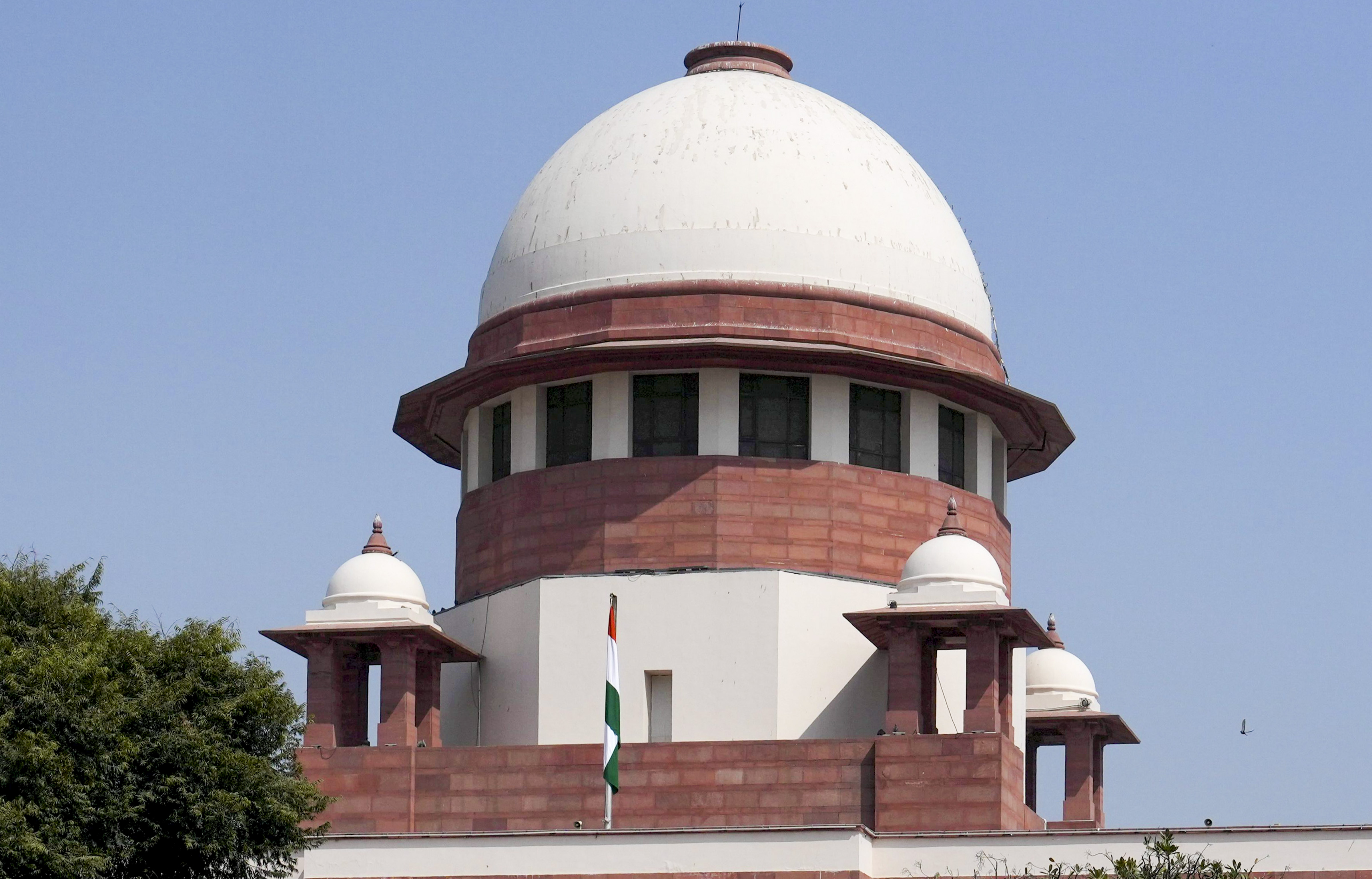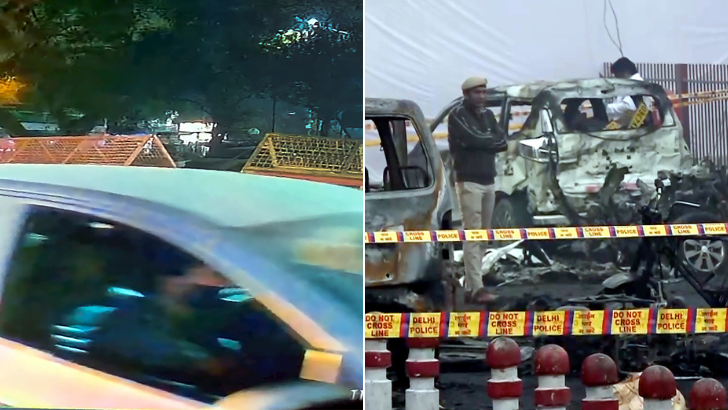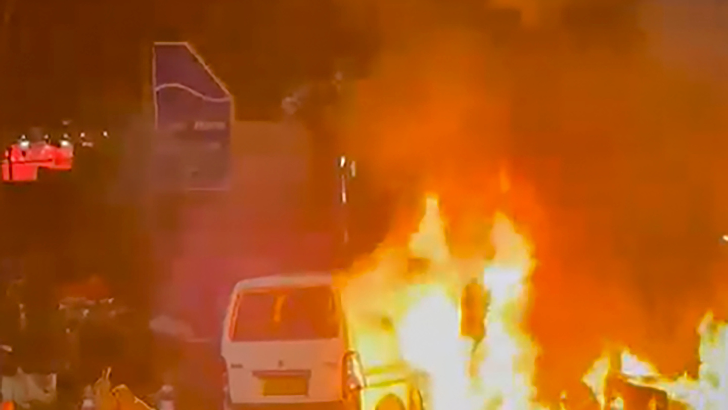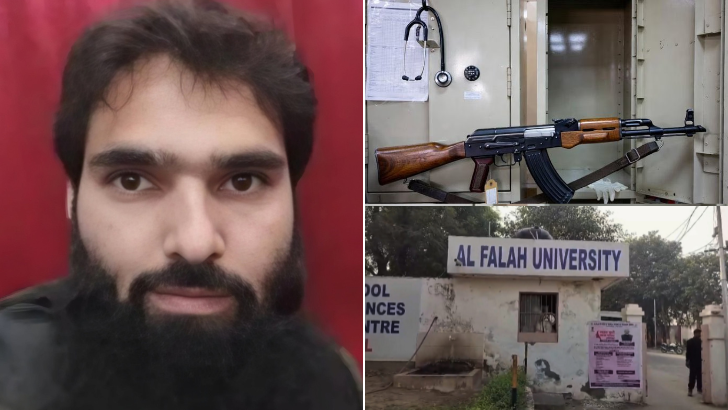SC issues notice to Centre on Waqf Act plea
The petitioner's counsel said the plea has challenged the amendments made in 2013.
PTI
-
The Supreme Court of India
New Delhi, 27 May
The Supreme Court on Tuesday sought responses from the Centre and others on a petition challenging the constitutional validity of certain provisions of the Waqf Act, 1995.
A bench of Chief Justice BR Gavai and Justice Augustine George Masih issued notices to the Centre and others, seeking their responses on the plea, and tagged it with pending petitions that have raised a similar issue.
Advocate Ashwini Upadhyay, who appeared in the court on behalf of petitioner Nikhil Upadhyay, told the bench that the plea challenges the provisions of the Waqf Act, 1995.
He referred to the apex court's 17 April order relating to challenges to the validity of the Waqf (Amendment) Act, 2025.
Upadhyay said in that order, the court had said petitions challenging the 1995 law and the amendments made therein in 2013 shall be separately shown on the cause list.
"Why should a challenge to the 1995 Act be allowed in 2025?" the CJI asked. He also asked why should the plea be not dismissed on the ground of delay.
The petitioner's counsel said the plea has challenged the amendments made in 2013.
He said the apex court is hearing pleas filed in 2020 challenging the provisions of the Places of Worship (Special Provisions) Act, 1991 and the National Commission for Minorities Act, 1992.
The bench agreed to hear the plea and tagged it with the already-pending petitions.
Challenging the validity of certain provisions of the 1995 law, the plea said, "Parliament cannot enact law in favour of waqf and waqf properties, depriving non-Muslims from their properties, and special provision giving undue favour to waqf properties."
On May 22, the apex court reserved interim orders on three key issues after hearing both sides in the case relating to the Waqf (Amendment) Act, 2025.
One of the issues relates to the power to de-notify properties declared as "waqf by courts, waqf-by-user or waqf by deed" prescribed in the 2025 Act.
The top court had previously identified the three issues, on which a stay was sought by the petitioners challenging the validity of the 2025 Act, for passing interim orders.
Apart from the issue of de-notification, the petitioners have raised questions over the composition of state waqf boards and the Central Waqf Council, where they contend that only Muslims should operate except ex-officio members.
The third issue relates to a provision that says a waqf property will not be treated so when the collector conducts an inquiry to ascertain if the property is government land.
The Centre had strongly defended the 2025 Act, saying waqf by its very nature was a "secular concept" and cannot be stayed given the "presumption of constitutionality" in its favour.
Leave a Reply
Your email address will not be published. Required fields are marked *













.png)



.png)

.png)
